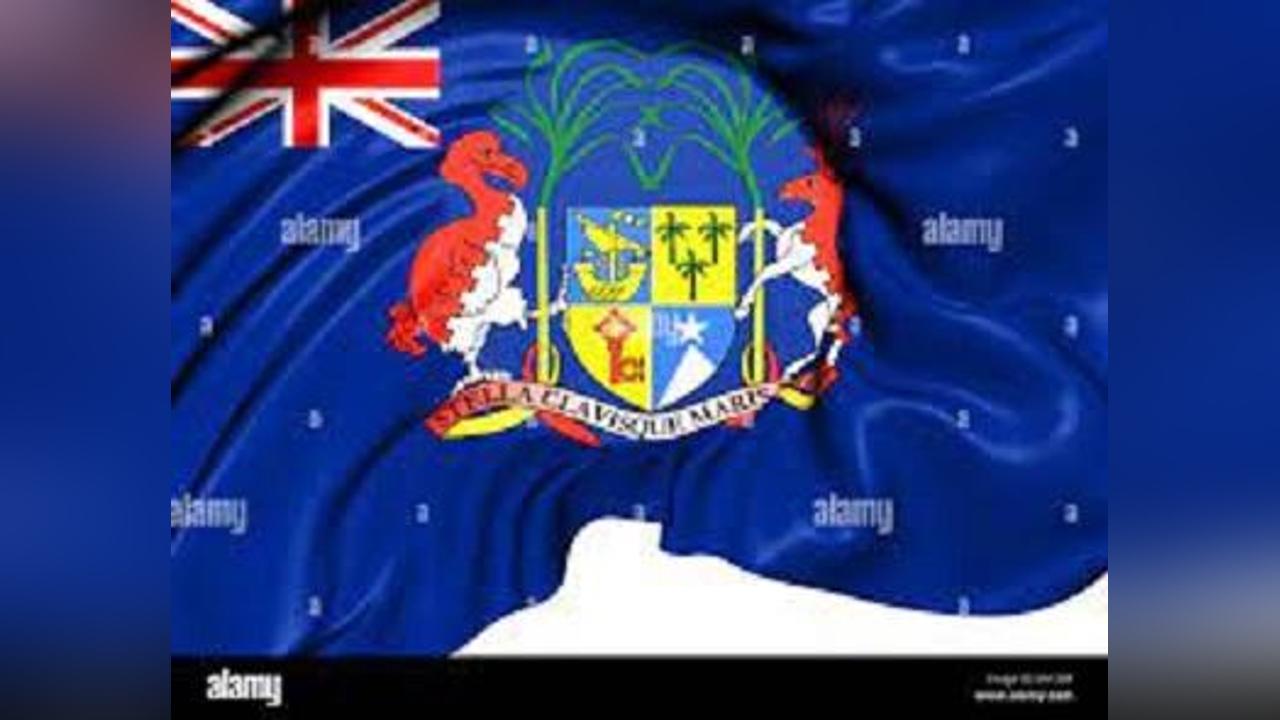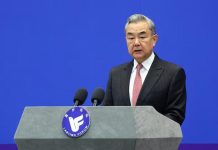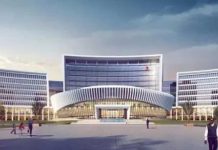Africa-Press – Mauritius. Notwithstanding the hostile climate, which is not as generalized as we are made to believe, the Mauritians as a whole are not unhappy. They are better off economically than they would even dream of being in Mauritius.
Most of them have a house and a car. Their children have done well in school and a good number have made it to university. In their effort to combat discrimination in employment, government has legislated to punish severely those found guilty of racism.
Black and brown faces are conspicuous in ministries and local governments holding responsible jobs. The administrative landscape is gradually changing to reflect the mixed British society.
The Mauritians who immigrated into the United Kingdom were looking for security and better conditions of life. With their background as wage earners, they did not venture into business where the element of risk is always present.
I have known some of my contemporaries, like Dr Celestin, reaching the summit in his profession and earning recognition in Europe and the United States.
He is among those who won a scholarship to study medicine and never went back. There are several professionals like him who have achieved success and adopted Britain as home.
My old friend Teeluckdharry Dookhun, a retired dentist, was a consultant in Harley Street. Young Hazareesingh, son of the late Dr K. Hazareesingh is a lecturer in politics at Oxford.
My own nephew, Dr Mitradeo Boolell, is engaged in medical research in that vast multinational conglomerate Pfizer. He is one of the executive directors in charge of a department.
There are many others whom I have not had the pleasure of knowing personally. I stated earlier that Mauritians keep shy of business because of their reluctance to take risks.
But there are a few exceptions. My friend George Ng runs a thriving business as fishmonger in Portobello, Notting Hill. A young man from Caroline, Bel Air, really impressed me by his business acumen and his boldness in opening a consumer?s shop in the heart of Soho.
Dodo, the name of the shop is now a reference for many Mauritians visiting the area. How he managed to get a foothold in that forbidden territory controlled by Greek cut-throats is a story worth recording.
I paid him several visits because I was fascinated by his nonchalance in that area notorious for its underworld activities. But he behaved as if Soho was his familiar patch.
He told me he had been adopted by the locals and he encountered no problem from any of the shady characters for whom Soho is a regular haunt. The scheduled flights of Air Mauritius to London have opened up opportunities for Mauritians to start travel agencies.
Arvin Kaumaya, who runs Sunset Travels, has developed a successful business employing more than a dozen people. He has ramifications in the main cities and contacts with tourist resorts all over the world.
Qualified as an engineer, he has found that the travel agency offers better prospects. There was one field in which Mauritians were fairly represented.
It was in local government. A few have reached the coveted position of Mayor of the Borough. I know one, Ralph Toofany, who is now Sheriff of the City of Lincoln after having been its mayor.
I attended the ceremony installing him as sheriff. He has a colourful personality, a bit of an oddity in an English environment. But he is well- liked.
He belongs to the Labour group. He also went to UK to do nursing. Now he is a well-known personality of his city and one of those rare cases of integration into the local mainstream.
His success in Lincoln is also due to the absence of large-scale coloured immigration, which has kept racism at bay. The economic angle The presence of a large number of Mauritians in the diaspora has contributed in no small measure to the economy of the home country.
The remittances sent to the members of the family left behind represent substantial revenue in foreign exchange. Their annual leave spent in Mauritius also brings a handsome addition to the remittance.
Air Mauritius, our national carrier, derives considerable benefit by transporting them to and from Mauritius. Our people settled overseas have a great reverence for the mother country; wherever they are, they act as our best ambassadors.
Their main concern is to pay back to the country of their birth, either in services or other benefits, part of the investment spent in their upbringing and education.
The sight of the Mauritian flag in some remote corner is a thrilling experience, which brings them for a short moment closer to home. I have seen their faces brightening up in places where there are only a few of them.
I had that experience in Ivory Coast where a small group of Mauritians were employed in the sugar industry in a remote part of that country. The same thing happened to me in Vancouver when our compatriots learnt of the Mauritian delegation at the 1987 Conference of Commonwealth Heads of Government.
During my tenure as minister, I always made it a point to spend an evening with them, whenever I happened to travel on mission. I know that, apart from the good income, life must not be easy for them.
Living in a foreign environment is like being in exile. The language, the food, the lack of social intercourse, the nostalgia for home ? continue to cause a strain with which our people have to cope.
Even in a place like Britain or France where there are large colonies, adaptation is not easy and, even after years as residents, the estrangement is not overcome.
Their resilience in the face of so much strain is to be admired. In one of my New Year messages as high commissioner, I said to the address of my Mauritian compatriots in UK the following.
I quote the relevant portion : ?Those of you who have chosen to make this country your home have important challenges in front of you. It is not always easy to adapt oneself to a new environment where everything, from people to climate, is different.
Secondly, your efforts at adaptation should be matched by a willingness to be accepted by the neighbourhood where you are domiciled. Even though discrimination is not a declared policy, it is inborn in human beings.
Treatment in job recruitment and promotion is fraught with racial bias. Social integration in the community is discouraged by humiliating remarks and behaviour, which make you feel unwanted.
A typical example is the local pub where, on their very first visit, non-whites are given such an unpleasant reception that a second visit is not envisaged.
I am not mentioning the sporadic racial killings of Asians and blacks because they are facts of life, which will not be easy to get rid of for many years to come.
All immigrants have faced similar problems since the beginning of time. If you can survive them, then one day, if not you, at least the future generation will be merged into and become part of the mainstream. I wish you the best of luck.?
For More News And Analysis About Mauritius Follow Africa-Press







